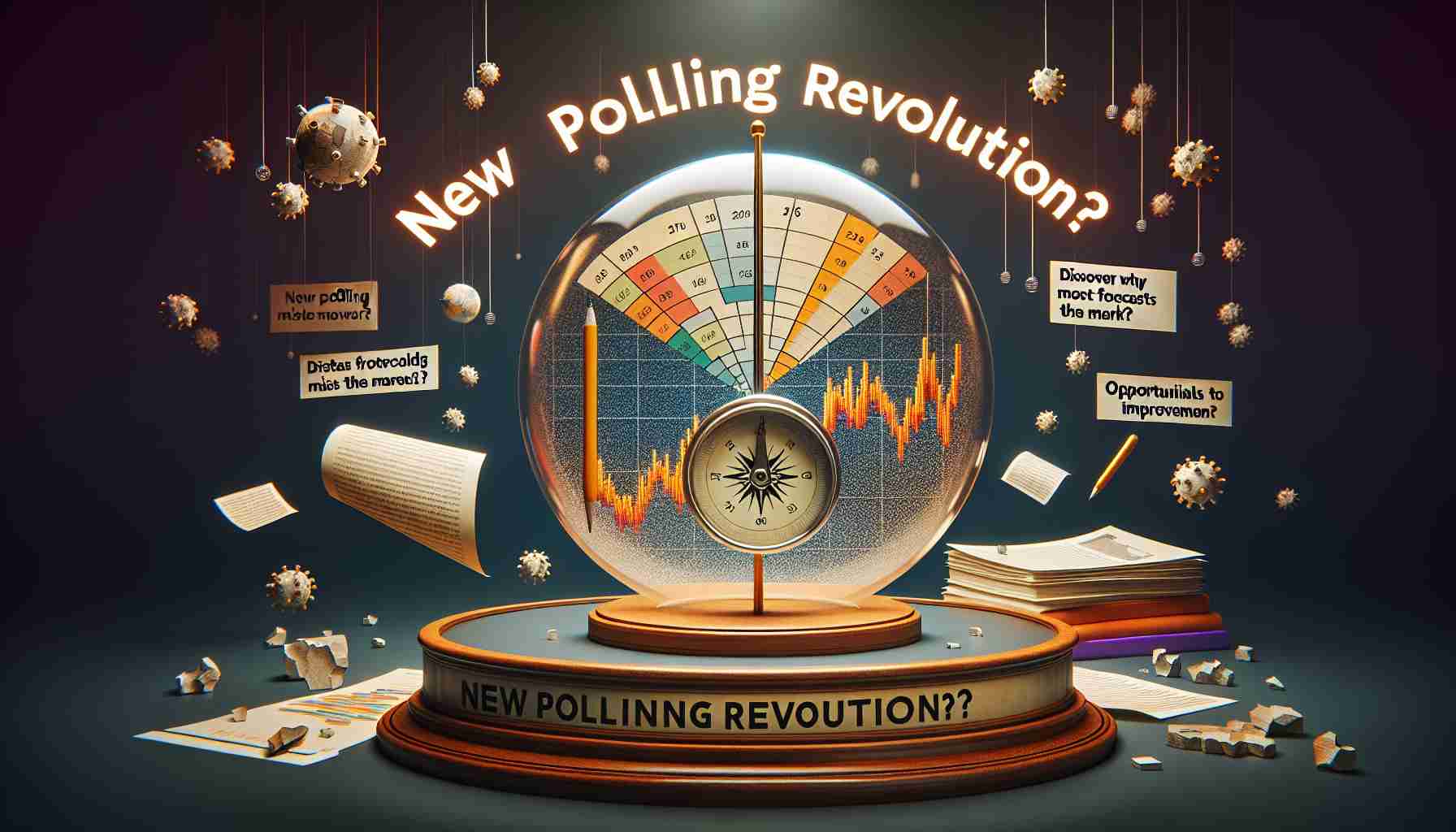In a recent discussion, Jelena McWilliams, the former Chair of the FDIC and current partner at Cravath, Swaine & Moore, shared her insights on the role of cryptocurrency-based prediction markets in political forecasting. Her conversation took place on the widely followed “Bloomberg Crypto” segment, hosted by Sonali Basak and Tim Stenovec.
McWilliams raised intriguing points about the reliability of prediction markets that utilize cryptocurrency in forecasting political outcomes, such as elections. She dove into the complexities of these markets, emphasizing that despite their innovative approach, most predictions tend to be flawed. The intricacies of human behavior and the volatility of public sentiment often introduce significant challenges, leaving even the best predictions less accurate than hoped.
During the session, McWilliams analyzed how these prediction markets attempt to disrupt traditional polling methods. Yet, they frequently encounter the same issues that have historically plagued conventional forecasts. Issues such as unexpected voter turnout and changing political climates remain difficult to predict accurately, she noted.
The conversation also highlighted the potential these markets have to offer fresh data insights and financial engagement from participants. However, McWilliams cautioned that while these platforms present new opportunities, they remain experimental and require cautious interpretation.
Through her analysis, McWilliams underscored the necessity for skepticism and critical analysis when dealing with prediction markets, regardless of their technological backing. As the political landscape evolves, so too must the methods by which we attempt to anticipate its twists and turns.
Cryptocurrency Prediction Markets: Are They the Future or Just a Fad?
The world of cryptocurrency-based prediction markets has surged forward, offering fresh perspectives on forecasting political outcomes. While former FDIC Chair Jelena McWilliams recently scrutinized their reliability, new layers of this innovation continue to unfold, transforming lives, economies, and societal interactions.
Revolutionizing Traditional Forecasting Models
Cryptocurrency prediction markets represent a paradigm shift. By decentralizing traditional forecasting structures, these platforms draw on diverse data points and financial incentives from global participants. This democratization potentially levels the playing field, particularly in countries where polling data may be scarce or manipulated. Could these innovative markets usher in a new era of transparency and inclusivity?
An Economic Boon or a Potential Pitfall?
For many communities, especially in developing nations, these markets provide economic opportunities previously inaccessible. Participants can engage economically by placing stakes on outcomes, similar to stock market investments. But this financial engagement comes with risks. Are these platforms merely volatile betting grounds, or can they offer genuine economic growth and stability? Communities engaging in these markets may find themselves grappling with the same boom-and-bust cycles familiar to financial institutions, raising concerns about long-term sustainability.
Societal Impact and Ethical Considerations
A pressing question prevails: Should the ethical implications of prediction markets be scrutinized more closely? Critics argue that relying on gambling-like structures for serious political forecasts trivializes governance and can promote speculative behavior. Proponents, however, highlight how these markets encourage political engagement and awareness among demographics traditionally disinterested in politics.
The ethical landscape is complex. Beyond simple gambling concerns, the potential for market manipulation raises alarms. Bad actors pumping misinformation into the system could skew outcomes, leading to broader societal tensions.
Controversies and Open Questions
McWilliams’ analysis sparked controversy by suggesting that even cutting-edge technologies might fall short of expectations. The unpredictable nature of human behavior is a known barrier. Can technology evolve fast enough to account for these intricacies, or will it always be a step behind human unpredictability? Moreover, as these markets grow, will governments step in to regulate, viewing them as financial instruments rather than mere prediction tools?
The discussion opens the floor for broader conversations around innovation, regulation, and human psychology in an ever-evolving digital world.
For more information on the ongoing developments within cryptocurrency and prediction markets, you can explore Bloomberg, a source for financial news and analysis.
In conclusion, while cryptocurrency-based prediction markets are transforming how we anticipate political events, their full potential or peril remains to be seen. Embracing these systems with both enthusiasm and caution will determine their ultimate impact on society.
















